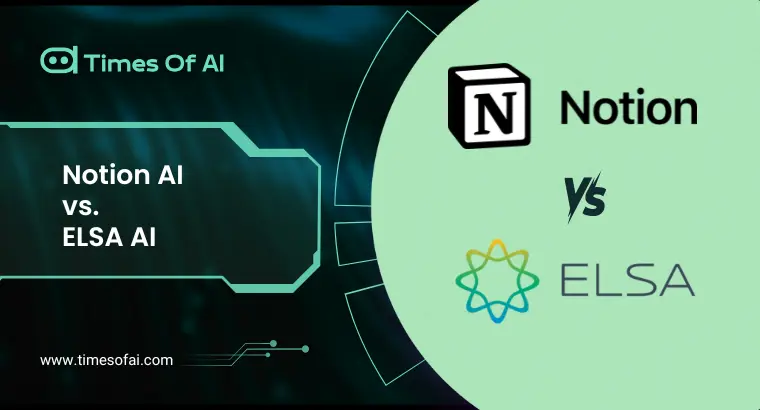
- The EU’s AI Act, a landmark legislation, is now in effect, ushering in a new era of artificial intelligence regulation. This act is designed to promote innovation while ensuring ethical and safe AI deployment.
- With its multifaceted approach, the AI Act addresses various aspects of AI technology, from risk management to transparency. It aims to foster trust and accountability in AI systems, impacting businesses, developers, and consumers.
A milestone legislation by the name AI Act from EU has just come into force, ushering in a new era of artificial intelligence regulation. This Act is meant to encourage innovation as it advocates for the ethical and safe use of AI. The AI Act’s multi-pillar approach tackles a range of issues pertaining to AI technology, including risk management and transparency. It aims at building trust and responsibility in AI systems, impacting businesses, developers, as well as consumers.
EU AI Act introduces a risk-based framework that classifies different categories of AI systems according to their level of risk, ranging from minimal to high. High-risk AI systems, such as those used in health care delivery, transportation, and law enforcement, will be subjected to stringent requirements. This includes rigorous testing, documentation, and ongoing monitoring to ensure conformity with safety and ethical standards. Such an approach intends to prevent harm caused by erroneous deployments while promoting good uses of AI.
Transparency and accountability are key principles encompassed in the Act on Artificial Intelligence (AI). Developers must make clear how these systems work, how their decisions are reached, and what risks they pose. In addition, using this Act, people would know whenever they are interacting with an artificially intelligent computer, which could lead to transparently more trustworthiness between parties involved in the process of interaction involving artificially intelligent machines. This also creates concepts like National-level or European Union-level artificial intelligence oversight bodies for supervising compliance or dealing with breaches, thereby guaranteeing trusted frameworks around governance concerning artificial intelligence technologies.
The importance of innovation and competition is another aspect stressed under the AI Act. The regulation recognizes that small businesses, including startups, play a pivotal role in the larger picture; hence, some provisions have been made for them. The creation of regulatory sandboxes that enable innovators to test out new Artificial Intelligence technologies within controlled environments is also among its proposals. All these measures aim to keep up with the EU leadership position in artificial intelligence development while considering the public interest.
This signifies a significant step taken by the EU towards regulating AI by striking a balance between innovativeness and ethical considerations when it comes to safety. The Act, in its comprehensive approach, seeks to instill trust and accountability for the benefits of AI tools while limiting their dangers. Therefore, while the landscape of AI is changing, this Act will be crucial in defining a secure and creative future for AI in Europe.





